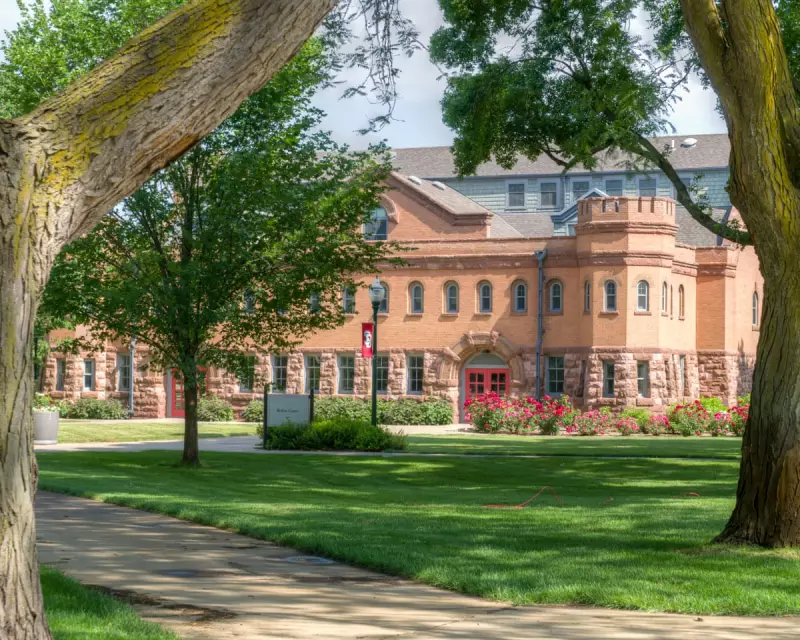
A storm is brewing in British academic circles as American conservative activist Charlie Kirk expands his controversial campaign targeting university professors to UK institutions. The move has ignited fierce debate about academic freedom, political intimidation, and the growing influence of US-style culture wars on British higher education.
The Database Dividing Academia
Kirk's organisation, Turning Point USA, has launched what it calls a "Professor Watchlist," documenting academics it alleges promote "anti-American values" and "leftist propaganda." The database, which originated in the United States, is now including British professors, complete with their institutional affiliations and details of their supposed "transgressions."
Academic unions and free speech advocates have condemned the initiative as a dangerous form of intimidation that could have a chilling effect on classroom discourse and research independence.
Academic Backlash and Concerns
Prominent figures within UK higher education have expressed grave concerns about the watchlist's implications. "This represents a direct assault on academic freedom," stated Dr. Eleanor Vance, president of the University and College Union. "When professors fear that their teaching might land them on a political blacklist, they become less likely to tackle controversial topics or challenge conventional thinking."
Several universities have issued statements reaffirming their commitment to protecting staff from external political pressure, while emphasising their existing mechanisms for addressing legitimate student complaints about teaching quality or bias.
The Chilling Effect on Classroom Discourse
Experts warn that such databases create what's known as a "chilling effect" - where academics self-censor to avoid appearing on controversial lists. This could particularly impact teaching around sensitive subjects including:
- Race and colonialism studies
- Gender and identity politics
- Climate change research
- Political theory and economics
Kirk's Defence: Accountability or Intimidation?
Charlie Kirk and his supporters defend the watchlist as a necessary tool for transparency and accountability in higher education. They argue that parents and students deserve to know about professors' political leanings and teaching approaches before committing to courses.
"We're simply documenting what these professors are already saying publicly," a Turning Point spokesperson stated. "If they're proud of their positions, they should have no problem with transparency."
However, critics counter that the framing and selective presentation of information creates a misleading picture of academic work, often taking complex arguments out of context.
The Broader Implications for UK Higher Education
This controversy emerges amid ongoing debates about free speech on British campuses. While the government has introduced legislation aimed at protecting freedom of expression in universities, many academics argue that external political campaigns represent a more significant threat than internal restrictions.
The situation raises fundamental questions about the future of academic independence and whether British universities can maintain their traditional role as spaces for open inquiry amidst growing political polarisation.
As the debate continues, university leaders face the challenge of balancing protection of academic staff with commitments to free expression, all while navigating the increasingly turbulent waters of transatlantic political activism.





